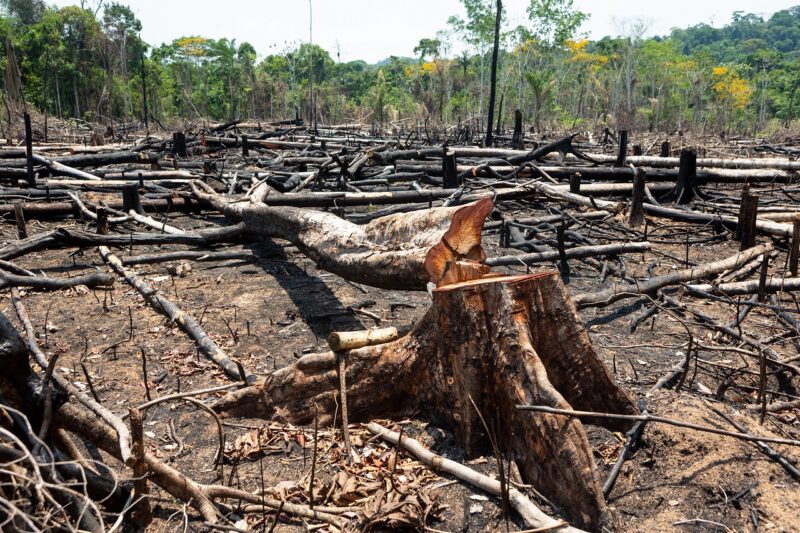Published: 13/05/24 By: Mike Bekin
Our team here at EcoChoice are on a mission to make it easy for UK builders, architects, designers and contractors to find sustainable timber. That is why we source from a huge selection of FSC-certified timber from responsibly managed forests, delivering sustainably harvested timber straight to your construction site. But what are we trying to avoid by working with FSC-certified forests? The answer is, among others, ‘conflict timber’ – and it is smart to get to grips with what this is and how you can avoid it, ensuring your construction project is always ethical.
What Are Conflict Timbers?
Conflict timbers are sourced from places which struggle with unrest, and where illegal logging operations and environmental degradation are rife. The trade of conflict timber can lead to a whole variety of ethical issues, from human rights abuses and the displacement of indigenous communities to the destruction of protected land and ecosystems. The profits generated from the sale of conflict timbers often fund armed groups, exacerbating existing conflicts and perpetuating instability.
Any timber sourced from lands which are in conflict, have issues with government authority and where profiteering in the timber industry is linked to arms or unethical practices, cannot be FSC or PEFC-certified. As of 1 March 2022, any timber sourced from Russia or Belarus was added by the FSC to the list of conflict origin timbers and therefore excluded from its certification system.
How to Spot Conflict Timbers
Avoiding conflict timber starts with identifying what a conflict timber is, and being able to spot it when it comes your way. Here are our tips to help you do just that:
Research the Source
Conduct your own thorough research and due diligence into the origin of the timber before you make a purchase. This becomes a lot easier when your supplier either does the job for you (including EcoChoice, where we assure all our timber is ethically sourced) or is transparent about the journey their timber has taken. Be vigilant to ensure the suppliers with which you work stick to sustainable and ethical practices.
Know Common Conflict Timber Species
There are some species which are more likely to be conflict timber than others. These are timbers from areas where there is ongoing conflict. Currently, the most prevalent are timber species from Russia and Belarus, including Siberian Larch and Russian Birch. In line with FSC guidance, Ecochoice has now stopped selling timber from these conflict zones – however we do offer alternative species such as kiln-dried European Larch and clear Douglas Fir from Canada.
How to Avoid Conflict Timbers
The best and easiest way to avoid conflict timbers is by only choosing timber from independently certified sources. Any wood which comes with an FSC or PEFC accreditation, for example, is unlikely to have been sourced unethically. These organisations choose forest partners who commit firstly to legality and then to conservation, ethical supply trades and the respect of local communities, with a focus on environmental responsibility. This is where our team at EcoChoice comes in.
Choose Ethical Timber from EcoChoice
As experts in sustainably sourced timber, we make it easy to find PEFC or FSC-certified timber for your construction projects. From commercial cladding and marine decking to bespoke products designed to your specifications, all our timber products are sourced from responsibly managed forests.
To learn more about our ethical timber or start an order, get in touch with our team today.
Tags: conflict timbers, FSC
Categories: Insights
